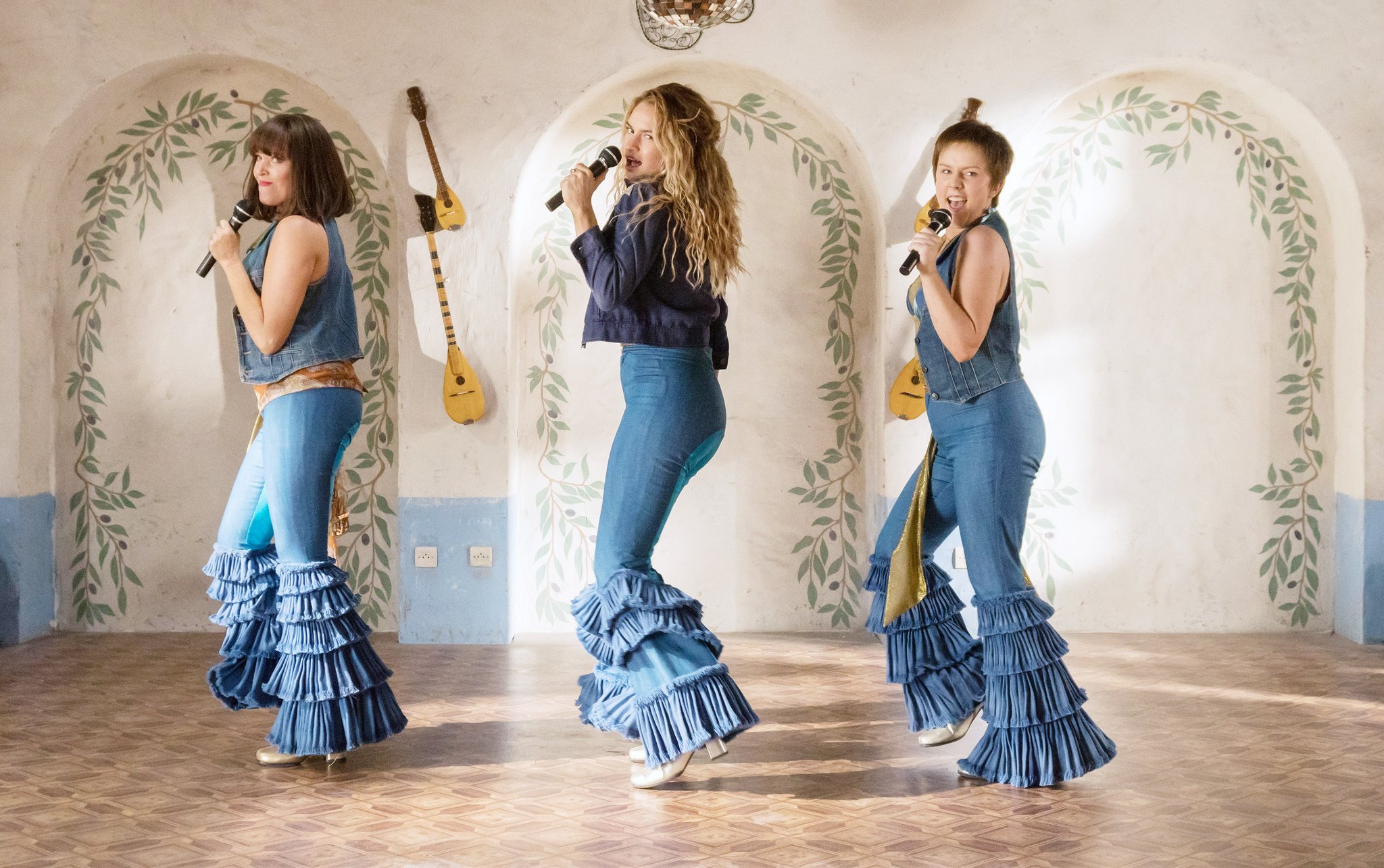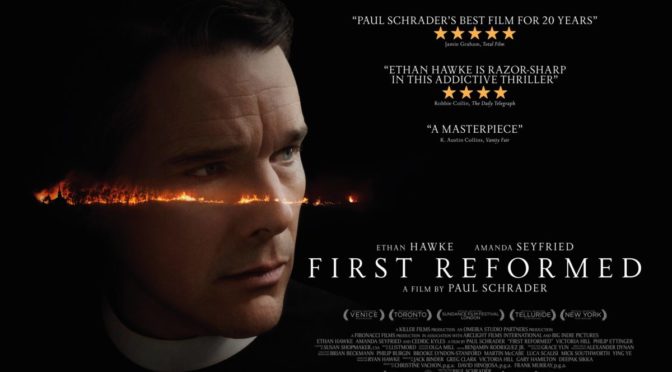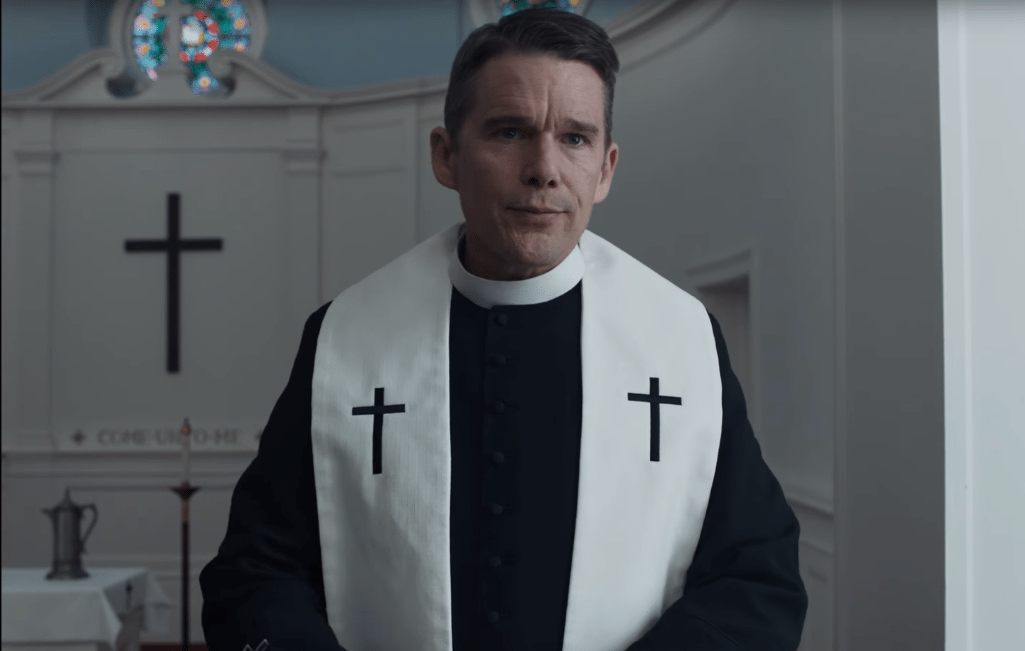Light, airy, and sweet, this is a sugar doughnut of a movie. Set five years after the events of the first film, Sophie (Amanda Seyfried; Mean Girls) is mourning the loss of her mother Donna (older version played by Meryl Streep) while planning the grand reopening of her hotel. Through conversations with her mother’s friends and Sophie’s three potential fathers (Colin Firth, Pierce Brosnan, and Stellan Skarsgard) – and the music of Swedish pop group ABBA – she reconnects to the memories of her mother’s younger self (played by Lily James; Baby Driver) and learns how she came to their beautiful island.
It might not have needed it, but the flashbacks to Donna’s youth add some depth to her situation from the first film and show off a talented younger cast. When the first film released ten years ago, there was some controversy surrounding the fact that Donna didn’t know which of the three men was Sophie’s biological father, but the new film contextualizes her relationships in a natural way without either condemning or apologizing for her actions. The younger versions of the fathers are each charming in their own distinct ways and are remarkably similar to the older versions both physically and in terms of their mannerisms. That being said, the film belongs to Lily James who radiates joie de vivre with her carefree smile. She also packs a strong singing voice and is able to do the timeless ABBA songs justice.
Behind the scenes, the creative talent has been significantly upgraded. The film is written and directed by Ol Parker (The Best Exotic Marigold Hotel) who embellishes the film with impressive in-camera transitions from past to present and some cute staging during the courtship scenes. The script was also written by Richard Curtis (Notting Hill) whose signature brand of romantic comedy comes through in several scenes. The younger version of Firth is written as the nervous, bumbling Englishman typically played by Hugh Grant and, familiar as it is, the trope still works. Throughout the film, Curtis’s dialogue and heartfelt touch are as enjoyable as ever.

That is not to say the film is without issues. The first half starts with big song numbers before the younger Donna’s character is established which prevents them from having much of an emotional impact. The dancing itself is disappointingly simple for a musical of this scale and consists mostly of characters giddily skipping with outstretched arms and the male cast simply cannot compare with their female counterparts. None of the leading males, either the old or the young versions, can sing or dance. Some opt to talk melodically rather than outright sing to bypass the problem, but it remains a glaring oversight to fill a musical with so many people that are not, in fact, musical.
Despite these qualms, the film is too good natured and happy to be concerned with its own flaws. Part-reunion, part-on-screen-party, the cast is clearly enjoying returning to the island and the story. There isn’t an ounce of cynicism to be found here. This is a world where the best choices are made by gut decisions and everyone ends up happily ever after. It gives fans of the original and musicals in general the songs and the spectacle, particularly one number taking place at sea, that they want to experience. Even for non-believers, Mamma Mia! Here We Go Again offers a celebratory tone and ebullient charm too amiable to offend.

3/5 stars.



